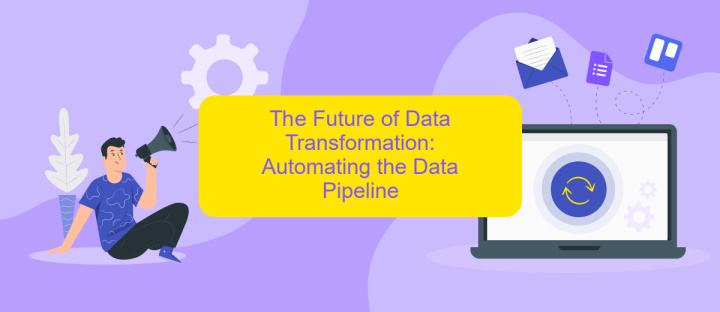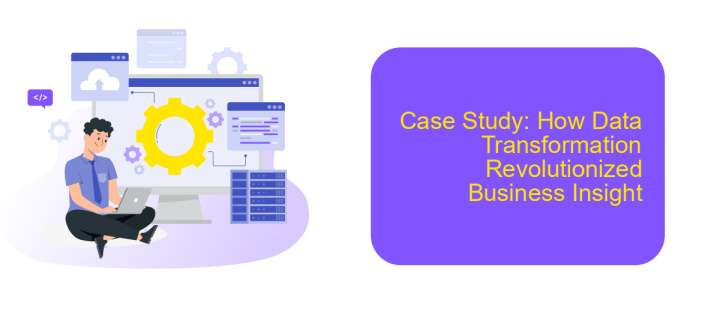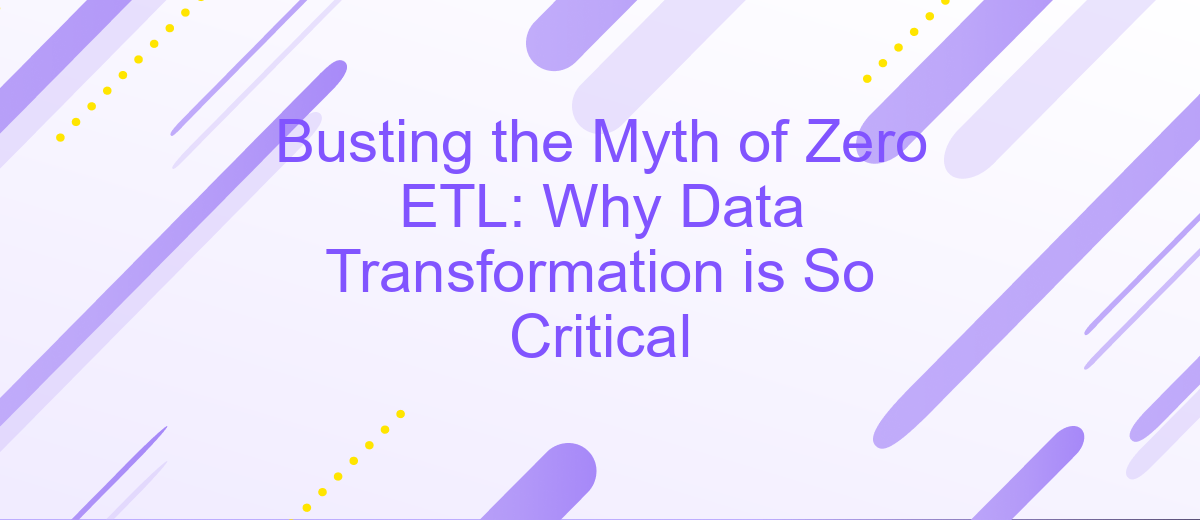Busting the Myth of Zero ETL: Why Data Transformation is So Critical
In the era of big data, the concept of "Zero ETL" has gained traction, promising seamless data integration without the need for Extract, Transform, Load (ETL) processes. However, this myth overlooks the critical role of data transformation in ensuring data quality, consistency, and usability. This article debunks the Zero ETL myth and highlights why data transformation remains indispensable.
Introduction: Why ETL is a Fallacy
ETL (Extract, Transform, Load) is often hailed as the cornerstone of data integration, but the notion of zero ETL is fundamentally flawed. The idea suggests that data can be seamlessly integrated without any transformation, which overlooks the complexities and nuances of real-world data environments. Data transformation is not just a step in the process; it's a critical component that ensures data quality, consistency, and usability.
- Data Quality: Raw data often contains errors and inconsistencies that must be corrected.
- Data Consistency: Different data sources have varying formats and structures that need harmonization.
- Data Usability: Transformed data is more accessible and valuable for analysis and decision-making.
Ignoring the transformation step can lead to significant issues, including inaccurate insights and poor decision-making. Tools like ApiX-Drive facilitate seamless integrations by automating data transformation processes, ensuring that data is clean, consistent, and ready for use. Therefore, dismissing the importance of ETL is not only impractical but also detrimental to the efficacy of data-driven strategies.
The Benefits of Data Transformation: Breaking Down Barriers

Data transformation plays a crucial role in breaking down barriers between disparate data sources, allowing organizations to harness the full potential of their data. By converting data into a unified format, businesses can ensure consistency and accuracy, which is essential for making informed decisions. This process eliminates the challenges associated with handling multiple data formats, enabling seamless integration and analysis. Tools like ApiX-Drive facilitate this by offering robust data transformation capabilities, ensuring that data from various sources can be harmonized efficiently.
Moreover, data transformation enhances data quality by cleaning and enriching the data, removing redundancies, and correcting inconsistencies. This not only improves the reliability of data but also boosts the performance of analytics and reporting processes. As a result, organizations can gain deeper insights and drive strategic initiatives with confidence. By leveraging services such as ApiX-Drive, businesses can automate data transformation, reducing manual effort and minimizing errors, ultimately leading to more agile and responsive data management practices.
The Future of Data Transformation: Automating the Data Pipeline

The future of data transformation is moving towards greater automation, making data pipelines more efficient and reliable. As organizations continue to generate vast amounts of data, the need for seamless data integration and transformation becomes paramount. Automating these processes not only saves time but also reduces the risk of human error, ensuring that data is consistent and accurate.
- Implementing advanced ETL tools: Modern ETL tools now come with built-in automation features that can handle complex data transformations with minimal human intervention.
- Utilizing integration platforms like ApiX-Drive: Services such as ApiX-Drive allow businesses to easily set up and manage integrations between various data sources and applications, streamlining the data pipeline process.
- Leveraging machine learning: Machine learning algorithms can be employed to predict and automate data transformation tasks, making the process more intelligent and adaptive.
Automation in data transformation is not just a trend but a necessity for businesses looking to stay competitive. By adopting automated data pipelines, companies can ensure that their data is always up-to-date, accurate, and ready for analysis, ultimately driving better decision-making and business outcomes.
Case Study: How Data Transformation Revolutionized Business Insight

In a rapidly evolving business environment, one company faced significant challenges with its data management processes. The organization struggled with fragmented data sources, resulting in delayed insights and inefficient decision-making. They realized that a robust data transformation strategy was essential to overcome these hurdles.
By leveraging data transformation tools, the company integrated disparate data sources into a cohesive system. This transformation allowed for real-time data processing and analysis, drastically improving the accuracy and timeliness of business insights. Key performance indicators became more accessible, enabling the company to make informed decisions swiftly.
- Seamless integration of multiple data sources
- Real-time data processing and analysis
- Improved accuracy and timeliness of insights
- Enhanced decision-making capabilities
One of the critical components of their success was the use of ApiX-Drive, a service that facilitated seamless integration and automation of data workflows. By automating data transformation tasks, the company not only saved time but also minimized errors, leading to a significant boost in operational efficiency and business performance.


Conclusion: Embracing the True Value of Data
In conclusion, the myth of zero ETL has been thoroughly debunked, highlighting the indispensable role of data transformation in modern data management. As organizations strive to harness the full potential of their data, it becomes clear that effective ETL processes are not just a technical necessity but a strategic advantage. Data transformation enables businesses to clean, enrich, and structure their data, ensuring it is both actionable and insightful. Without these critical steps, data remains a raw and untapped resource, incapable of driving informed decision-making.
Embracing the true value of data means recognizing the importance of robust ETL frameworks and leveraging tools that simplify and automate these processes. Services like ApiX-Drive offer seamless integration solutions, enabling organizations to connect disparate data sources effortlessly. By automating data workflows and ensuring real-time synchronization, ApiX-Drive empowers businesses to focus on deriving value from their data rather than getting bogged down by technical complexities. Ultimately, the key to unlocking the potential of data lies in acknowledging and investing in the transformation processes that make it usable and valuable.
FAQ
What is Zero ETL, and why is it considered a myth?
Why is data transformation so critical in the ETL process?
Can automation tools help in simplifying the ETL process?
What challenges can arise if data transformation is ignored?
How can businesses ensure effective data transformation?
Strive to take your business to the next level, achieve your goals faster and more efficiently? Apix-Drive is your reliable assistant for these tasks. An online service and application connector will help you automate key business processes and get rid of the routine. You and your employees will free up time for important core tasks. Try Apix-Drive features for free to see the effectiveness of the online connector for yourself.

